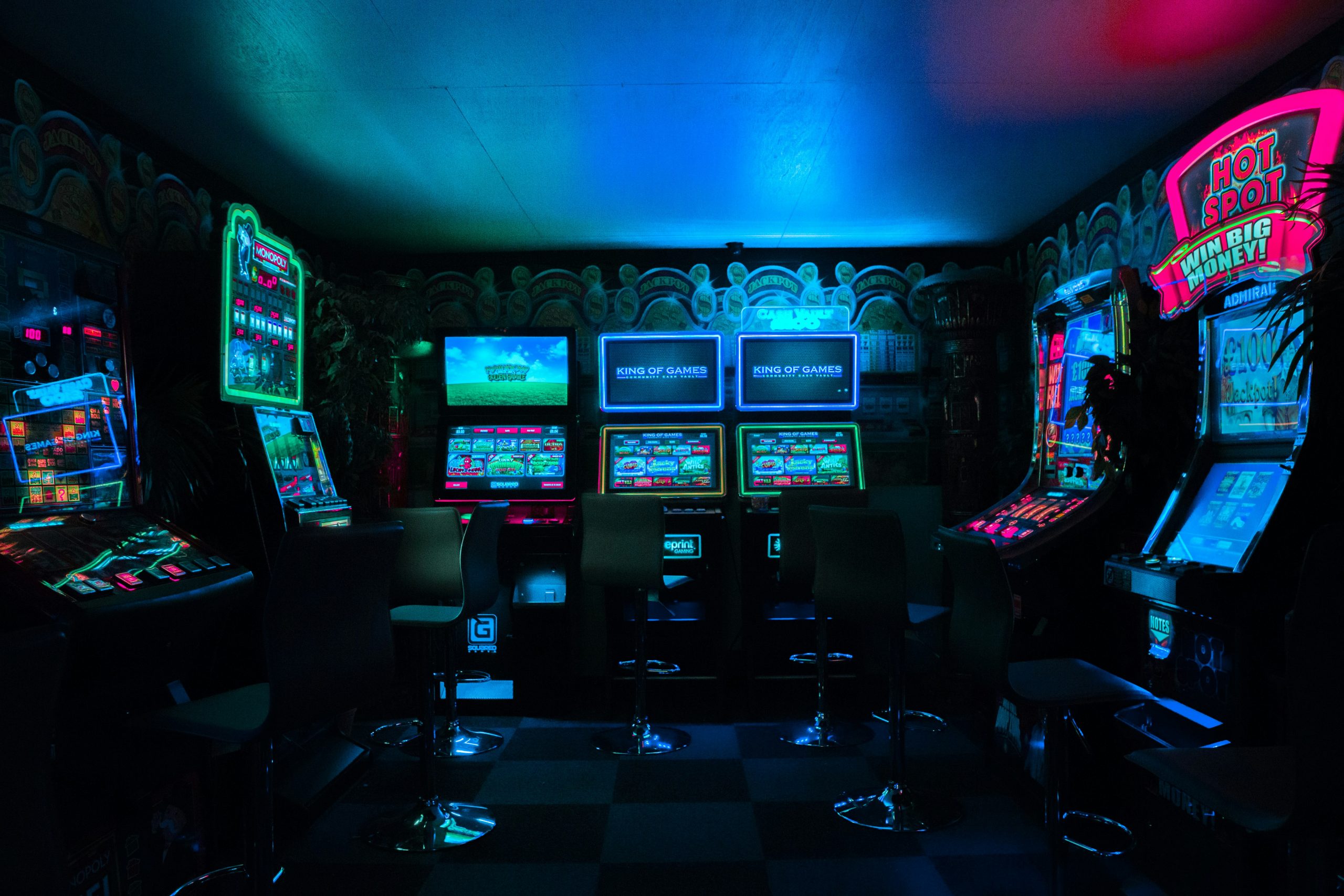Gambling
The future of online entertainment

The world of entertainment is changing rapidly, with online platforms leading the way. Technology has reshaped how we spend our free time, offering endless options at our fingertips. Whether it’s streaming films, playing games, or exploring virtual experiences, the internet has made entertainment more accessible than ever. As the digital landscape continues to evolve, the possibilities for online entertainment are only growing.
The Rise of Online Gambling
Online gambling has become a major part of the entertainment industry. In the UK, it’s a favourite pastime for many, offering convenience and excitement without the need to leave home. Platforms cater to a wide range of preferences, from classic casino games to immersive live dealer experiences. With secure payment systems and round-the-clock availability, it’s no wonder online gambling is thriving.
Non-GamStop casinos UK platforms aren’t tied to UK self-exclusion schemes. They often offer better bonuses, higher limits, and access to international gaming options. This has made them increasingly popular.
As technology improves, the online gambling experience is set to become even more engaging. Virtual reality casinos and AI-driven games are already beginning to emerge, promising a more interactive and personalised way to play.
Streaming Entertainment Anytime
Streaming services have revolutionised how we watch films, TV shows, and live events. Platforms like Netflix, Amazon Prime, and Disney+ offer a vast library of content that caters to every taste. For music lovers, Spotify and Apple Music provide instant access to millions of tracks. This shift has given people the freedom to enjoy entertainment on their own terms.
The rise of live streaming has also created new ways to engage with content. Concerts, theatre performances, and even stand-up comedy shows are now broadcast online, allowing audiences to watch from anywhere in the world. This has made live entertainment more accessible, breaking down barriers like distance and cost.
As internet speeds increase and technology advances, the quality of streamed content continues to improve. High-definition and even 4K streaming are now commonplace, and developments in sound technology are enhancing the overall experience.
Social Gaming and Virtual Communities
Gaming has evolved into a global phenomenon, with online multiplayer games leading the charge. Platforms like Xbox Live, PlayStation Network, and Steam connect players from around the world, fostering virtual communities and friendships. Games like ‘Fortnite’ and ‘Call of Duty’ have become cultural touchstones, bringing people together through shared experiences.
Social gaming is about more than just competition. Many platforms offer cooperative modes, where players can work together to achieve common goals. These experiences create a sense of connection and camaraderie, even among strangers. Virtual reality games take this a step further, immersing players in shared digital spaces where they can interact more naturally.
The gaming industry is also expanding into areas like fitness and education. Games that encourage physical activity or teach new skills are becoming increasingly popular. This diversification ensures that gaming remains a versatile and inclusive form of entertainment.
Virtual Experiences and Beyond
The internet is opening up entirely new forms of entertainment through virtual experiences. Virtual reality and augmented reality technologies are creating immersive worlds that feel incredibly real. From exploring ancient ruins to walking through a virtual art gallery, these experiences offer a new way to engage with culture and history.
For those who enjoy live events, virtual platforms are offering exciting alternatives. Sports matches, concerts, and even festivals are now being hosted in digital spaces, allowing people to attend without leaving home. These events often include interactive elements, making them more engaging than traditional broadcasts.
As the metaverse concept gains traction, the future of virtual entertainment looks even more promising. This interconnected digital world aims to blend social interaction, gaming, and culture into one seamless experience. It represents the next step in the evolution of online entertainment, offering limitless possibilities for how we connect and have fun.
Personalised Entertainment with AI
Artificial intelligence is reshaping online entertainment by creating personalised experiences tailored to individual preferences. Streaming platforms like Netflix and Spotify use AI algorithms to recommend films, shows, and music based on viewing and listening habits. This ensures that users are constantly discovering new content they’re likely to enjoy, making the experience feel uniquely curated.
In gaming, AI enhances gameplay by adapting challenges to a player’s skill level. It also powers realistic non-player characters (NPCs) that respond dynamically to user actions, creating more immersive worlds. Personalised in-game experiences, such as customised storylines or AI-generated content, are becoming increasingly common.
AI-driven chatbots and virtual assistants are also improving customer experiences on entertainment platforms, offering quick solutions and tailored recommendations. As AI technology advances, its role in shaping online entertainment will grow, offering smarter, more engaging, and highly individualised experiences for users worldwide.
Conclusion
Online entertainment is transforming how we relax, interact, and explore new experiences. From the rise of online gambling to the growing popularity of virtual events, the digital world offers something for everyone. As technology continues to evolve, the boundaries of what’s possible will keep expanding, making the future of online entertainment an exciting one.









